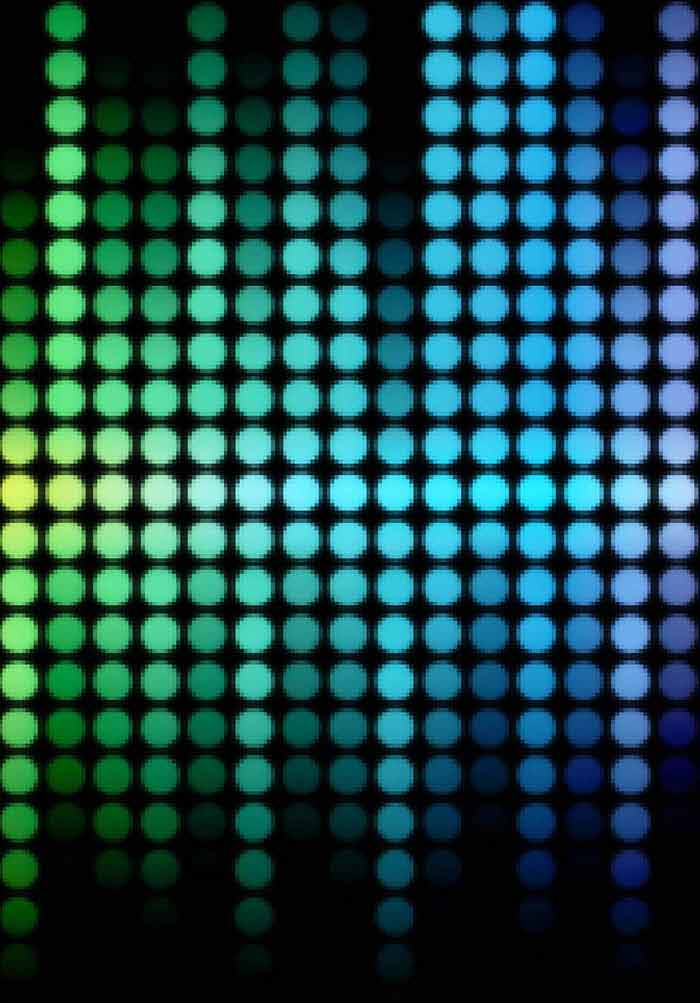DanielT
Major Contributor
A tip if you are interested.A bit too advanced for me, but there may be others who appreciate reading about that survey?
If you read about the study (and then feel for it) please discuss the results and conclusions here in the thread. It would be interesting to read your views.



 www.intechopen.com
www.intechopen.com
If you read about the study (and then feel for it) please discuss the results and conclusions here in the thread. It would be interesting to read your views.

Contribution of Precisely Apparent Source Width to Auditory Spaciousness
Open access peer-reviewed chapter
Last edited:
